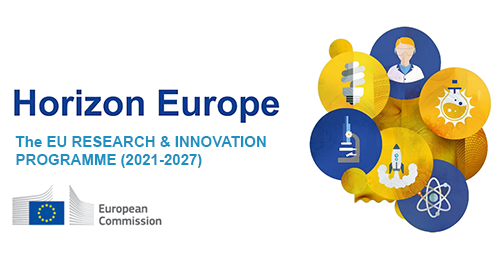The SMILE project looks towards harnessing digital technologies to strengthen mental health care. Our vision is that the emerging methods and technologies of Gamification and Artificial Intelligence (AI) are a real opportunity to boost mental health organisations, supplement diagnostic and treatment gaps and meet SDGs as SDGs3 and the WHO5 Mental health action plan. The SMILE digital platform and ecosystem objectives are to empower the lived experience with emphasis on a recovery-oriented and psychosocial approach to mental health and well-being for the target group. Boosting individual resilience towards stress will create “benefits” for the individual (healthier lifestyle, managing stress, improving emotional insight, having a higher level of life satisfaction) and the societal level (engagement in the environment and volunteering activity, reduction in persistent offending rate, more productive future workers). Resilience-promoting well-being includes the support received by friends, family, or the community. Cognitive flexibility is an important prerequisite of resilience – the ability to selectively switch between mental processes as is the ability to exchange maladaptive attitudes, thoughts, and beliefs with more appropriate ones. CBT is typically used in a clinical context. While it can be applied in various settings, e.g., coaching and serious games, the existing solutions (e.g., SPARX, Thymia, Alien Health Game) are inadequate to offer accessible resilience services for young people and their families as they focus mainly on depression and do not offer tailored solutions for anxiety issues linked to transforming society.
SMILE implements a life-course approach with evidence-based practice met through a community-based network designed to be accessible, affordable, and offer quality services and support. Beyond the state-of-the-art, our ambitions are to facilitate knowledge transfer across Europe and revolutionise mental health assessment and support for adolescents (from 10 to 24 years), challenging the stigma associated with mental health. SMILE will deliver European collaborative and open-source solutions (mainly Gamification and AI-based tools) to improve resilience in adolescents. The Open Knowledge Platform (OKP) will be at the heart of decreasing the risks of psychological distress and increasing awareness about the nature of psychological stressors in adolescence by unlocking access to evidence, providing smart functionalities, and improving decision-making processes. The explainable AI (XAI) (gamification, data analytics, DSSs, mobile APP, and tokenomics) will be the brain of early identification of psychological distress, resilience building, gamified monitoring, and well-being, and will offer novel services (support mechanisms) through group-based scenarios that enable unobtrusive data collection and can stimulate and better understand the association between digital and environmental stressors and the development of psychological distress, anxiety, and depression. SMILE intends to promote resilience in young people by increasing their cognitive flexibility, self-efficacy, critical thinking, self-regulation, and self-confidence. This will equip them with tools to cope more effectively with digital stressors and environmental/political disasters by enabling them to develop coping mechanisms to challenge catastrophizing thoughts through increased self-awareness of unhealthy thought patterns and biased information processing.


